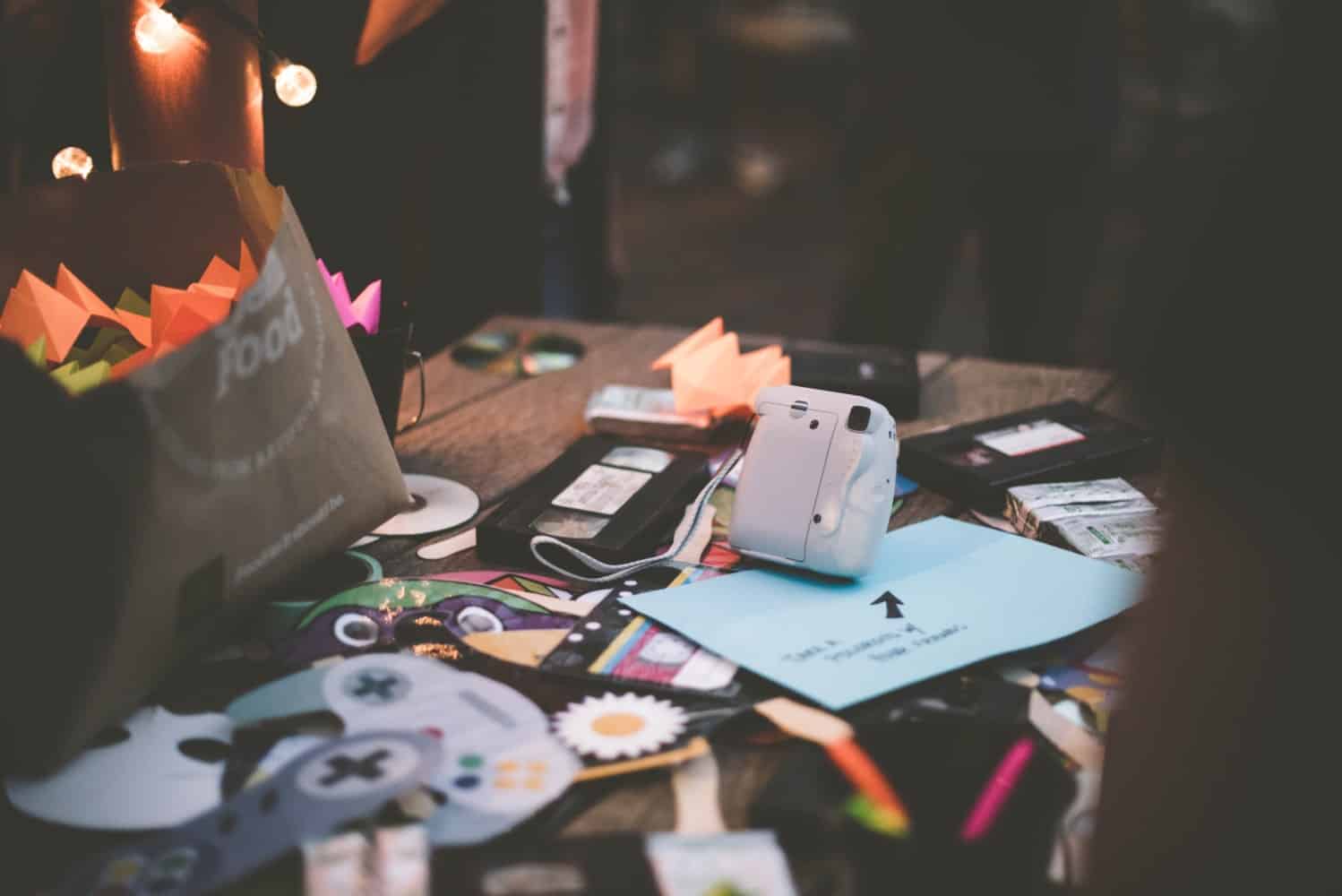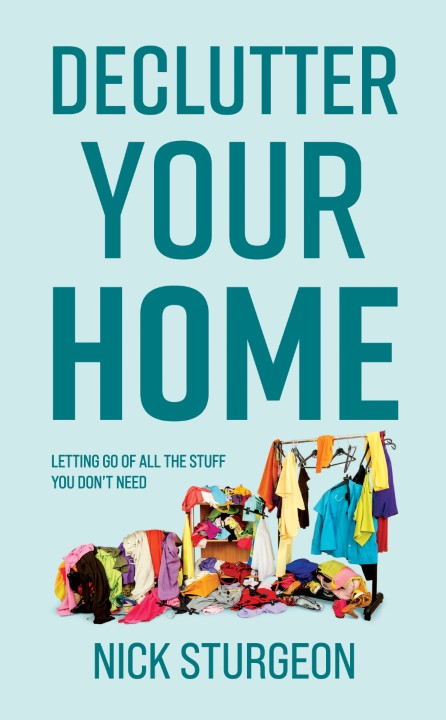Crossing the exposed wood floor of the gorgeous bookshop and on my way to the counter, I found myself having an epiphany. “What the hell was I doing buying a book about dealing with clutter, if only to take the book home and add yet more weight to an existing bookshelf?”
My major clutter devil is addiction to books. For years I have bought books almost as soon as I have touched them. At the time I was about to buy that book at the till I already had around 2,500 books. If there were such a civil category I would be classified as an official hoarder with serious kleptomaniac tendencies!
To let go of anything requires a decision. To let go of our generic ‘stuff’ can be a difficult process for many of us given that the size of the task can be daunting. Somewhere in our head we know that we have too much. Too many food processing gizmos, too many magazines on home style, too many items of underwear, or winter coats, or gardening tools, or drinking glasses, or walking sticks, or reading glasses, or knives and forks. You get the idea because you know your own living space so very well. We watch TV shows about people living in tiny homes, or practicing a minimalist lifestyle which seems to require a yurt or a container home and we are put off.
Too be honest, the more I see the really good container homes online the more inspired I am by what can be done to shed the non-essentials and live better with less. So we know we can do better than this, but why do we continue to hold onto so much. We understand that there is a link between the mass of ‘stuff’ and the emotional sense of feeling weighed down by it all. Yet still we buy and accumulate. If it was a logical process to make space for a new thing by clearing out the old before we go shopping, then our lives would be easy, our homes spaces clutter free. It is not this way and so we must adapt and change our behaviour to meet the problem we have created for ourselves.
We attach feeling and meaning, nostalgia and memory to each item that stays on our shelves, in our cupboards and which hangs on our walls or has a special place on our window ledges. Many of the feelings and thoughts which we pin to the objects are deep rooted and we are unaware of the pull we have to the item. With another item we might have a clear memory of the occasion when it was given to us and by whom. That memory can be good, bad, or downright unpleasant. Why are you hanging on to something which has anything other than a good sensation or memory attached to it?
You need to look at the benefits of decluttering and letting go, versus the negatives of hanging on to so much that you know is already draining you, making you feel heavy or even guilty around some things and simply unhappy about others. Keeping things that bring you no practical or emotional benefit can be a waste of your time, energy and a drain on your well-being. Whether we are considering a broken electrical item in your basement, or chipped and cracked crockery in your kitchen, the items are no good for you.
These things each carry a stagnant energy which is not part of who you are now. The act of holding onto such things can pull you down and hold you back. Rather than hold onto so much that gives you no actual benefit, it’s time to let it go out of your life. Through the act of letting go you are creating a positive space into which something new, or beneficial, can come. Start with something easy.
What can you remove from your home today?

